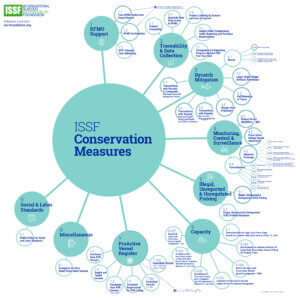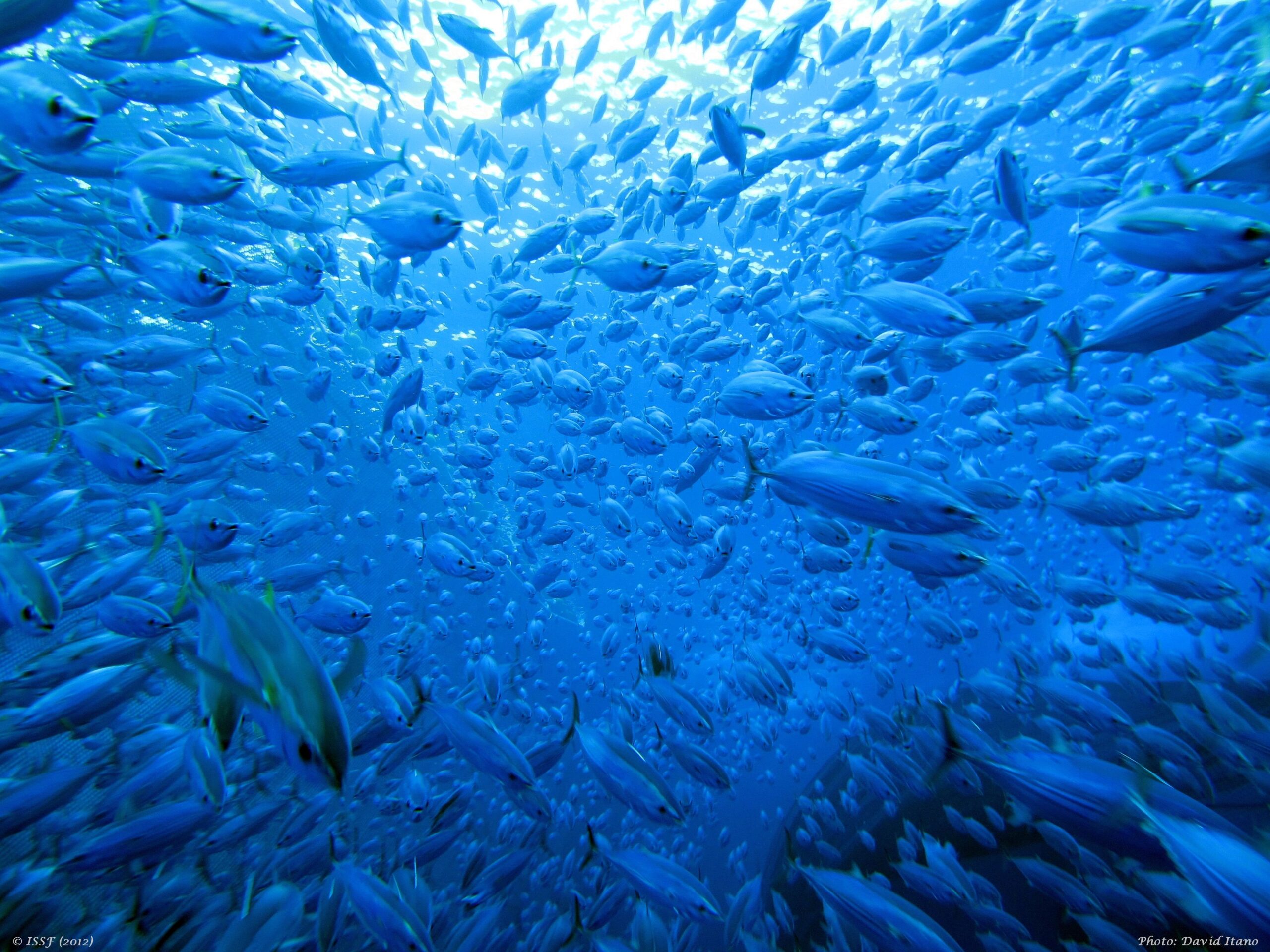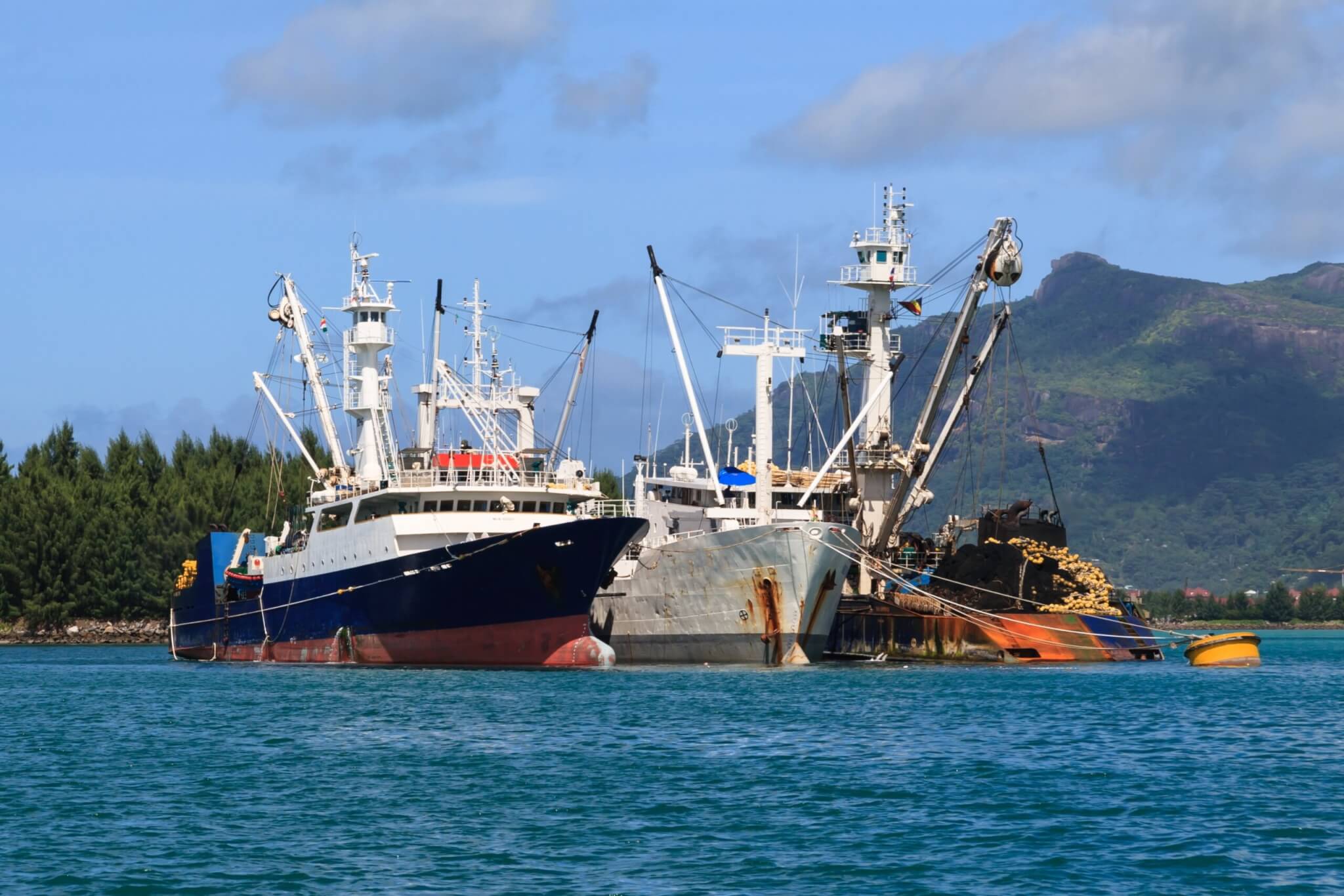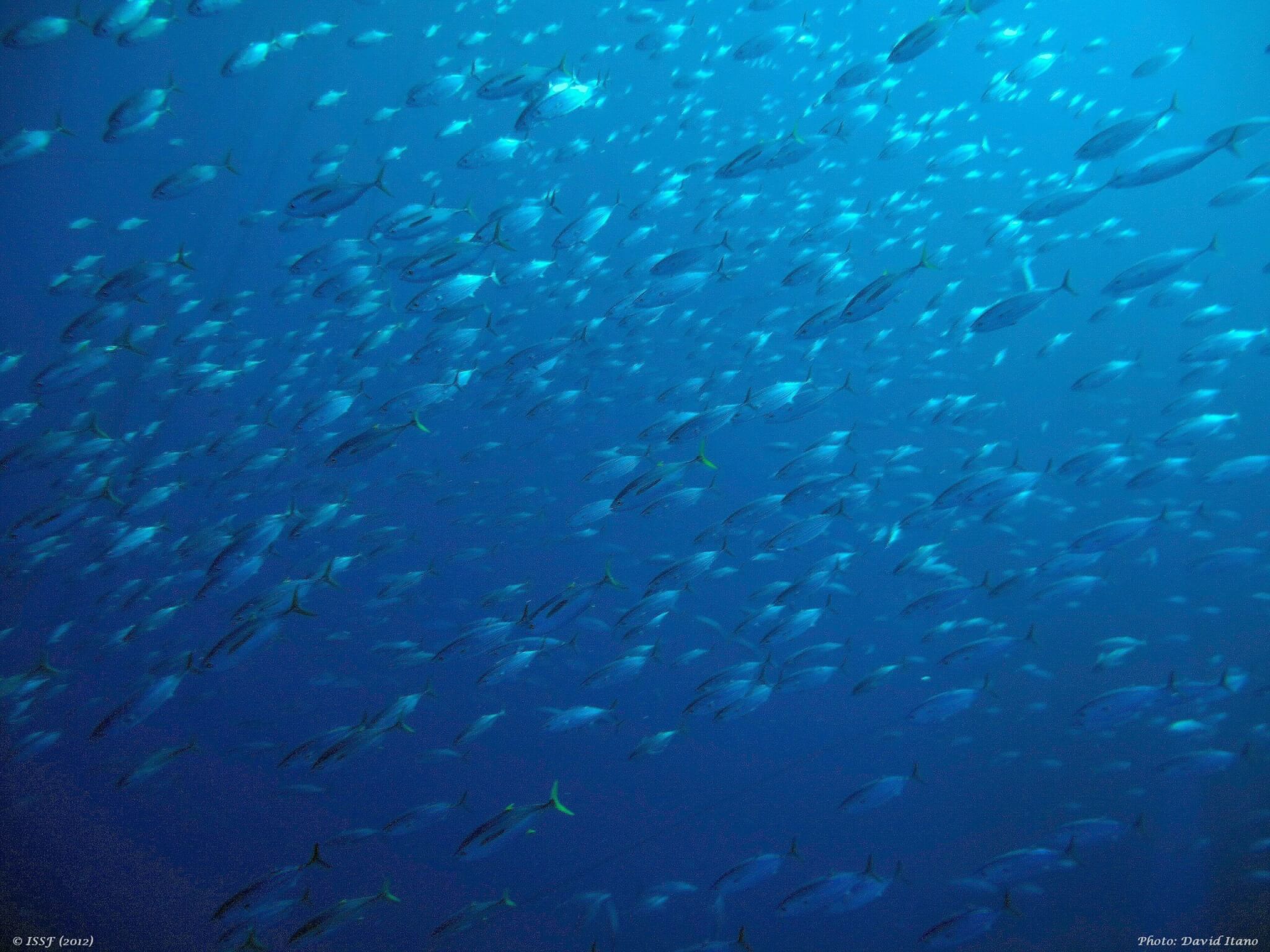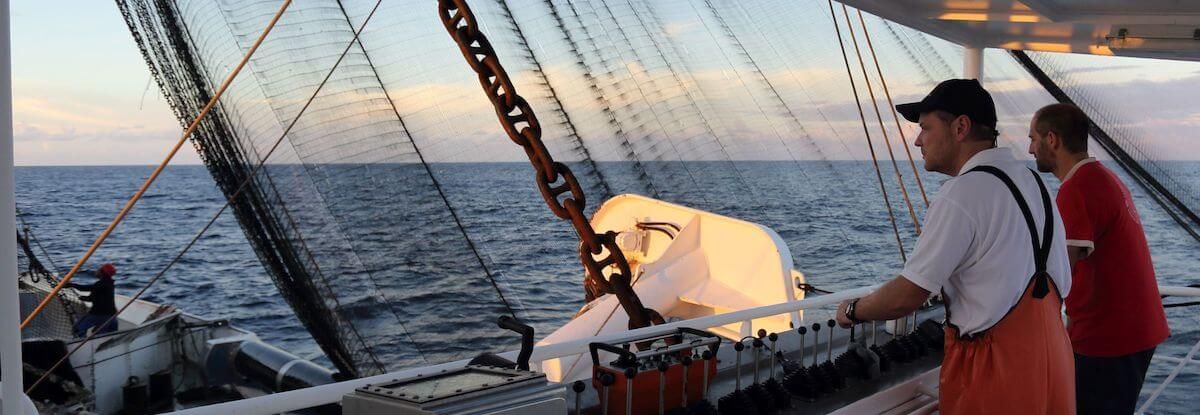
Our Conservation Measures
Since our inception in 2009, ISSF has adopted conservation measures with the intent that processors, traders, importers, transporters, and others in the seafood industry commit to conform to them to facilitate real, continuous improvement across global tuna stocks. Many measures have been amended and evolved over time.
ISSF Participating Companies are seafood companies that have committed to conform to our conservation measures for improving the long-term health of tuna fisheries. They also must adhere to the ISSA Compliance Policy.
We publish yearly reports, prepared by auditor MRAG Americas, on each individual participating company’s compliance with our measures.
Some conservation measures also apply to vessels registered on ISSF’s ProActive Vessel Register, which is indicated by the orange icon below.
Our annual compliance report summarizes participating companies’ and PVR vessels’ aggregate performance against relevant conservation measures.
ISSF CONSERVATION MEASURES BY CATEGORY
Use the dropdown menu below right to filter the conservation measures list by an individual gear type.
The filtered results will show all measures that include that gear type — including measures that apply to multiple gear types or even to all gear types. For instance, if you select the general “Purse Seine” category in the menu, you will see measures that apply to purse-seine vessels of any size. If you want to see measures that apply just to large-scale purse-seine vessels, filter on that term only
For our measures, note the size ranges that apply to these vessel types:
- “Large-scale longline” = 20m length overall (LOA) and above
- “Other longline” = under 20m
- “Large-scale purse seine” = 335 m3 (cubic meters) or more of fish hold volume (FHV)
- “Small-scale purse seine” = 30 gross tonnage (GT) or above, but less than 335 m3 FHV
- “Very small-scale purse seine” = less than 30GT
 1) RFMO Support
1) RFMO Support
Tuna are highly migratory, swimming through international waters belonging to many nations. To manage tuna stocks, countries sharing these resources joined together to create Regional Fisheries Management Organizations (RFMOs).
Learn about RFMOs 2) Traceability & Data Collection
2) Traceability & Data Collection
RFMOs are responsible for tuna conservation and management, with the objective of maintaining populations at levels of abundance that can support the average maximum yield on a sustained basis. But the findings of RFMO scientific bodies depend on the completeness and accuracy of the data available to them. ISSF supports RFMOs in ensuring that their findings and the data underlying them are as accurate as possible.
Similarly, adequate product traceability records are necessary for the enforcement of and compliance with conservation measures, and for the successful elimination of illegal, unregulated and unreported (IUU) fishing.
 3) Bycatch Mitigation
3) Bycatch Mitigation
Bycatch mitigation measures for tuna fisheries are intended to reduce catches of non‑target species including seabirds, sea turtles, marine mammals, sharks, and rays. They include changes in gear designs and fishing methods to avoid catching bycatch, along with techniques to release bycatch species when caught.
Learn about Bycatch Mitigation 4) Monitoring, Control and Surveillance
4) Monitoring, Control and Surveillance
Monitoring, control and surveillance (MCS) includes tools and approaches to monitor and control fishing activities, including transshipment.
 5) Illegal, Unreported and Unregulated Fishing
5) Illegal, Unreported and Unregulated Fishing
Fishing activities that are illegal, unreported, or unregulated (IUU) can harm fish stocks and damage marine ecosystems — and they undermine the efforts of responsible fishers and fisheries managers.
Learn about IUU Fishing 6) Capacity
6) Capacity
The problem of overfishing is principally the result of open-access fishing and related excess fishing capacity.
Learn about Capacity Management 7) ProActive Vessel Register
7) ProActive Vessel Register
The ProActive Vessel Register (PVR) is one of four public vessel lists that ISSF provides to foster transparency in tuna fishing. Fishing vessels can be registered on the PVR to show how they are following best practices that support sustainable tuna fisheries.
Learn about the PVR 8) Miscellaneous
8) Miscellaneous
 9) Social and Labor Standards
9) Social and Labor Standards
Increased transparency and accountability regarding social and labor standards can help improve the treatment of workers throughout the global tuna supply chain.
-
Compliance Reports
-
ISSF Annual Conservation Measures & ProActive Vessel Register Compliance Report (June 2024)
-
Participating Company Audit Reports
-
Audit Information
-
Audit Process
-
ISSF Participating Company Compliance: Audit Policy Document & Standard Operating Procedures (2024)
Vessel Owner Alert
PVR Vessel Owners: Read this important May 2024 notice about changes in ISSF conservation measures and compliance requirements that affect you.
